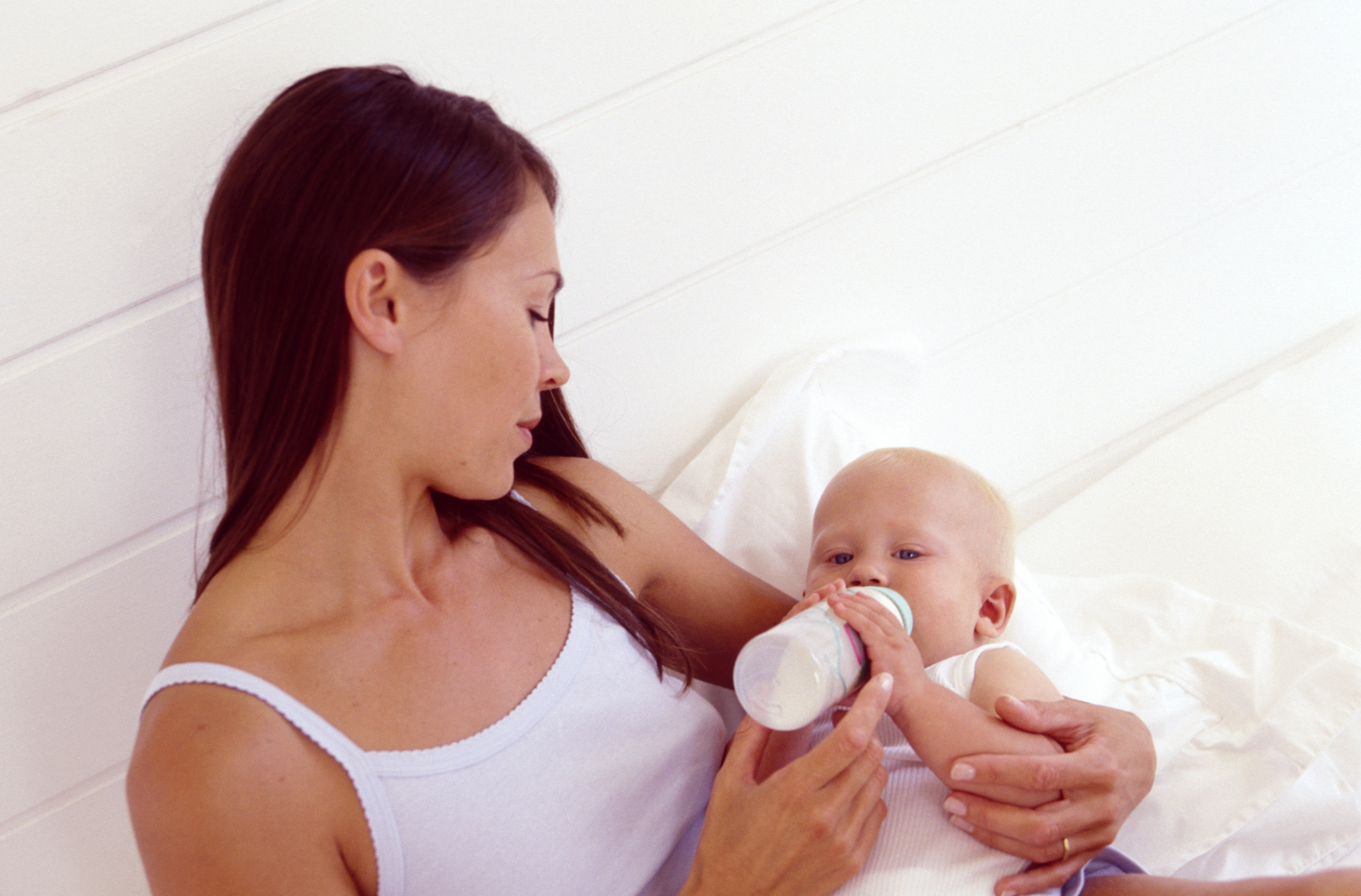Feeding
Feeding a newborn is a round-the-clock commitment. It’s also an opportunity to begin forming a bond with the newest member of your family. Consider seven tips for feeding a newborn.
1. Stick with breast milk or formula
In most cases, breast milk is the ideal food for babies. If breast-feeding isn’t possible, use infant formula. Healthy newborns don’t need water, juice or other fluids.
2. Feed your newborn on demand
Most newborns need eight to 12 feedings a day — about one feeding every two to three hours.
Look for early signs of hunger, such as stirring and stretching, sucking motions and lip movements. Fussing and crying are later cues. The sooner you begin each feeding, the less likely you’ll need to soothe a frantic baby. When your baby stops sucking, closes his or her mouth, or turns away from the nipple or bottle, he or she might be full — or simply taking a break. Try burping your baby or waiting a minute before offering your breast or the bottle again.
As your baby gets older, he or she will take in more milk in less time at each feeding.
3. Consider vitamin D supplements
Ask your baby’s doctor about vitamin D supplements for the baby, especially if you’re breast-feeding. Breast milk might not provide enough vitamin D, which helps your baby absorb calcium and phosphorus — nutrients necessary for strong bones.



